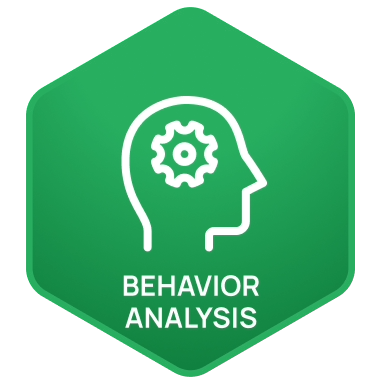About Job
RightWay ABA
RightWay ABA is a woman-owned, BCBA-led business. RightWay ABA focuses on offering in-home ABA therapy for children ages 2-12 years old.
Board Certified Behavioral Analyst (BCBA) Duties and Responsibilities:
Observing patients and assessing their behavior
Meeting with families, teachers, or doctors to discuss the patient’s treatment and progress and recommend ways to address behavioral issues
Developing individual plans to correct, maintain, or improve certain behaviors
Create simulated conditions where you will observe the behavior of each client
Formulate an appropriate treatment plan that is sensitive to clients’ cognitive, social, emotional, and sensory needs
Administer treatment and tailor interventions as needed
Suggest additional treatment by other professionals as required
Operate within time, financial, and other resource constraints
Remain abreast of changes in research on evidence-based practices
Advocate for the inclusion of individuals with disorders and disabilities within society
Board Certified Behavioral Analyst (BCBA) Qualifications and Skills:
Proven work experience as a BCBA or similar role
Knowledge of appropriate referral procedures
Excellent verbal and report writing skills
Calm, empathic, and patient nature
The ability to remain composed and adherent to best practices, even when under duress
Relevant training and/or certifications as a BCBA
Professional Field
 Behavior Analysis
Behavior Analysis Other Behavioral, Mental, or Healthcare Field
Other Behavioral, Mental, or Healthcare Field



